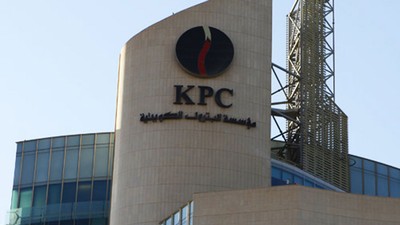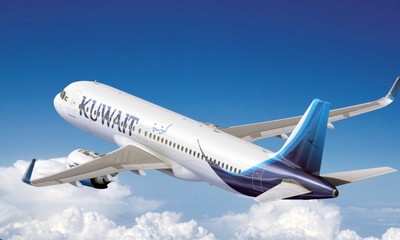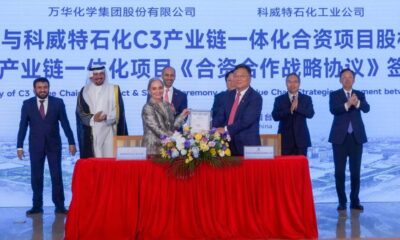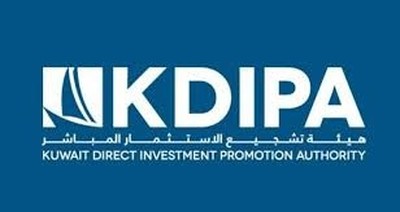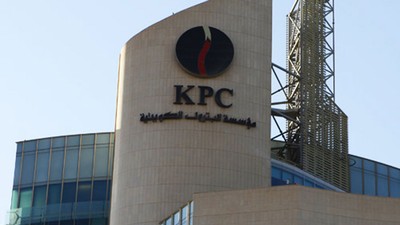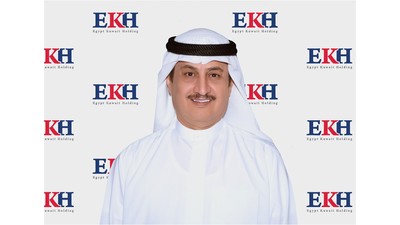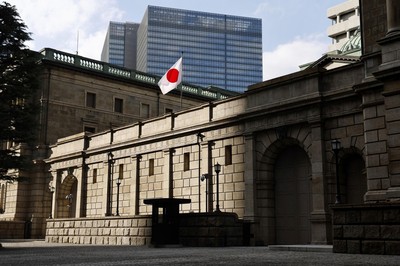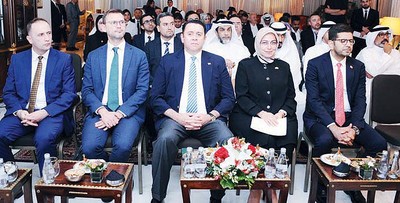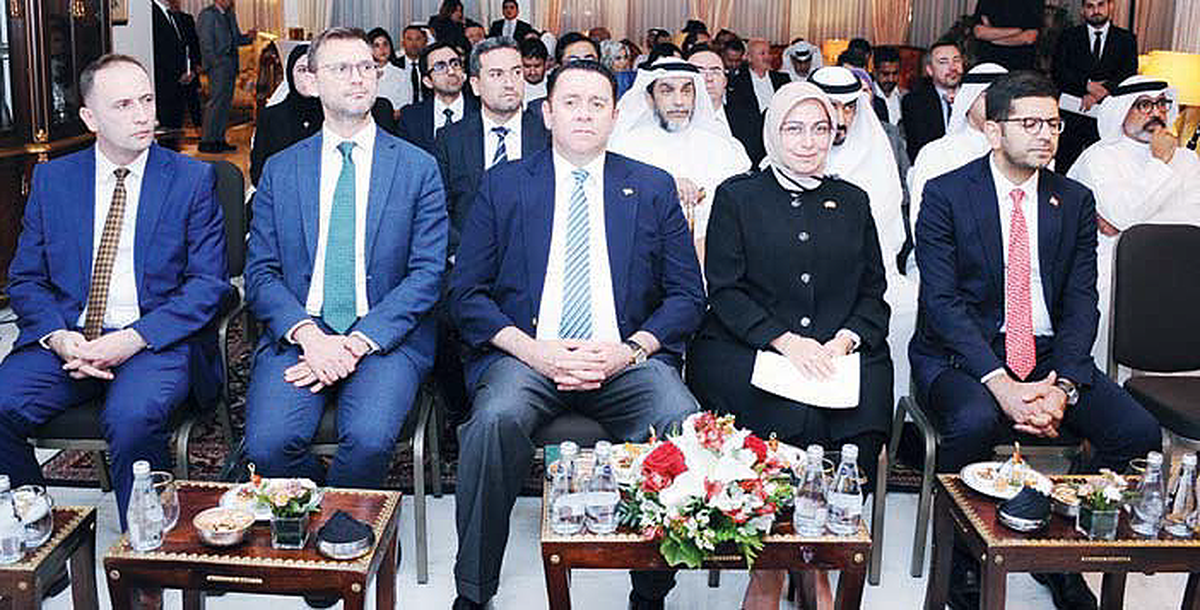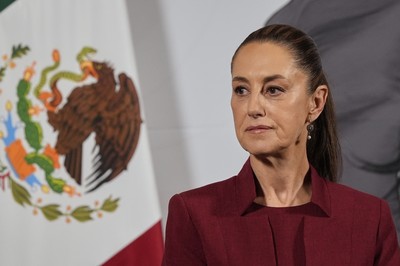KUWAIT CITY, Sept 6: Kuwait Petroleum Corporation (KPC) has started working towards achieving a daily production capacity of four million barrels by 2035, including the development of strategies to market its oil globally by entering new markets and the extension of supply contracts with countries that regularly import Kuwaiti oil. Reliable sources revealed that KPC introduced new mechanisms in the global marketing sector to achieve its goal of expanding the reach of Kuwaiti oil and its derivatives.
They said KPC continues to store Kuwaiti oil abroad, having successfully stored seven million barrels in Asia, including three million barrels in Japan’s Kiri oil storage tanks, as well as signing a contract with a South Korean company to store four million barrels in Ulsan, and the renewal of two contracts with a Chinese company and another South Korean company for 10 years to further secure Kuwaiti oil supplies. Sources said KPC also amended these contracts to secure higher prices and signed a contract with a Thai oil company to market Kuwaiti oil. Sources stated the trading company, established by KPC in Dubai last year, has become one of its main arms for trading Kuwaiti petroleum products and derivatives.
They explained that KPC had been considering the idea of creating this company for more than 10 years. “With the launch of the Kuwaiti-Omani Duqm Refinery in February 2024, the Corporation turned this vision into reality. The trading company was set up to support the smart and modern marketing of Kuwaiti petroleum products in parallel with traditional methods, particularly since buying and selling now take place through an electronic platform without intermediaries. The trading company plays a vital role in facilitating communication between new customers in global markets, KPC and its subsidiaries. The most important countries importing Kuwaiti oil are South Korea, China, Japan and Vietnam,” sources added.
Sources pointed out that the production of KPC’s local refineries — Zour, Mina Abdullah and Ahmadi, and its international refineries — Duqm in Oman, Nghi Son in Vietnam and Milazzo in Italy — is known for its purity and high quality, specifically the production of diesel, gasoline, fuel oil, kerosene, liquefied petroleum gas and many other products with premium quality but low in sulfur. “As a result, KPC is now one of the largest suppliers of high-quality jet fuel, particularly in Europe, while expanding its share of jet fuel sales in many other countries,” sources confirmed. Sources continued saying that Kuwait Petroleum International, the most important arm of KPC for marketing refined petroleum products, is exerting tremendous efforts to enhance the position of Kuwait as a strong global competitor in jet fuel markets. “It operates a large network of fuel stations bearing its brand and represents Kuwait in the international refineries of KPC,” sources elaborated.
The newspaper obtained a copy of an oil sector document, indicating that KPC succeeded in selling shipments of liquefied petroleum gas (LPG) at a premium of nearly a quarter of a million dollars above annual contracts in 2024. A profit of $588,000 came from gasoline (motor fuel) sales and $6.75 million from the sale of ‘reformate’, following a study on profit margins and product comparisons with naphtha. Moreover, effective coordination with Kuwait National Petroleum Company (KNPC) improved performance by rescheduling shipments and negotiating specifications, generating savings of $3.4 million and avoiding additional costs estimated at $1.39 million. Intermediate derivatives witnessed remarkable growth after the launch of the Clean Fuels and Zour Refinery projects.
These developments led to new contracts and reinforced the position of KPC as a leading global exporter, ranking first in jet fuel exports and sixth in gas oil exports. Shipments were also redirected to new markets in Africa and the Americas. The Corporation set a precedent by exporting a diesel shipment aboard the SUEZMAX tanker, enabling the discharge of larger volumes and reducing shipping costs. It also resumed shipments through the Bab al- Mandab Strait for the first time in more than a year, cutting travel times and boosting fleet operational efficiency.
By Najeh Bilal
Al-Seyassah/Arab Times Staff

 Latest News21 hours ago
Latest News21 hours ago
 Latest News23 hours ago
Latest News23 hours ago
 Politics6 hours ago
Politics6 hours ago
 Business14 hours ago
Business14 hours ago
 Latest News14 hours ago
Latest News14 hours ago
 Latest News11 hours ago
Latest News11 hours ago
 Politics3 hours ago
Politics3 hours ago
 Politics4 hours ago
Politics4 hours ago
